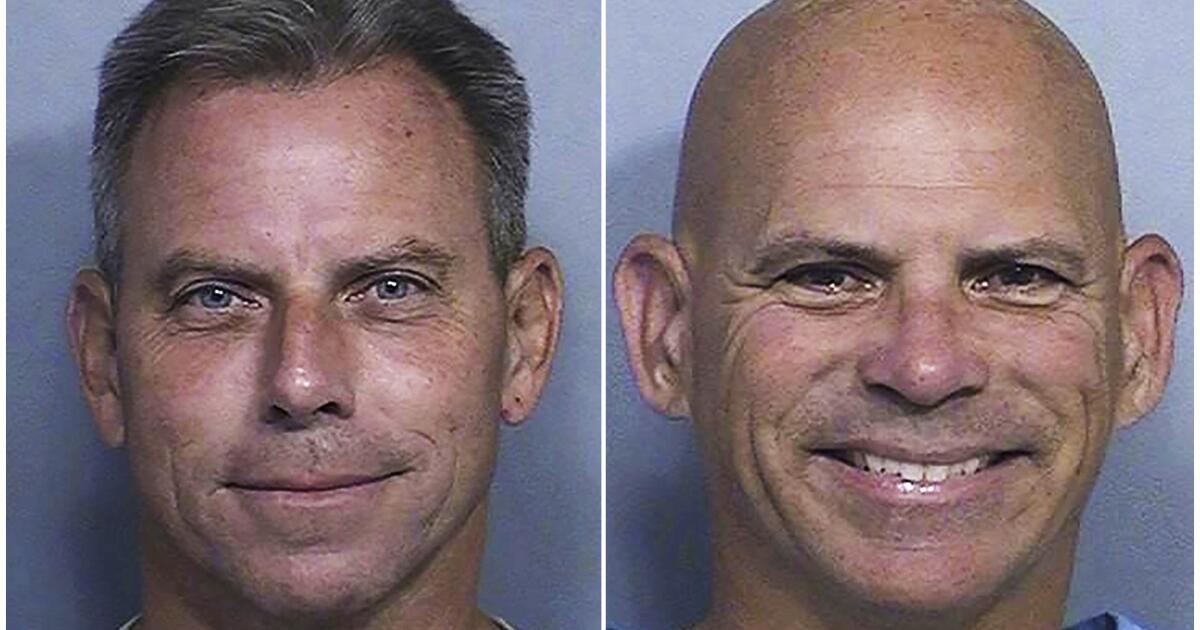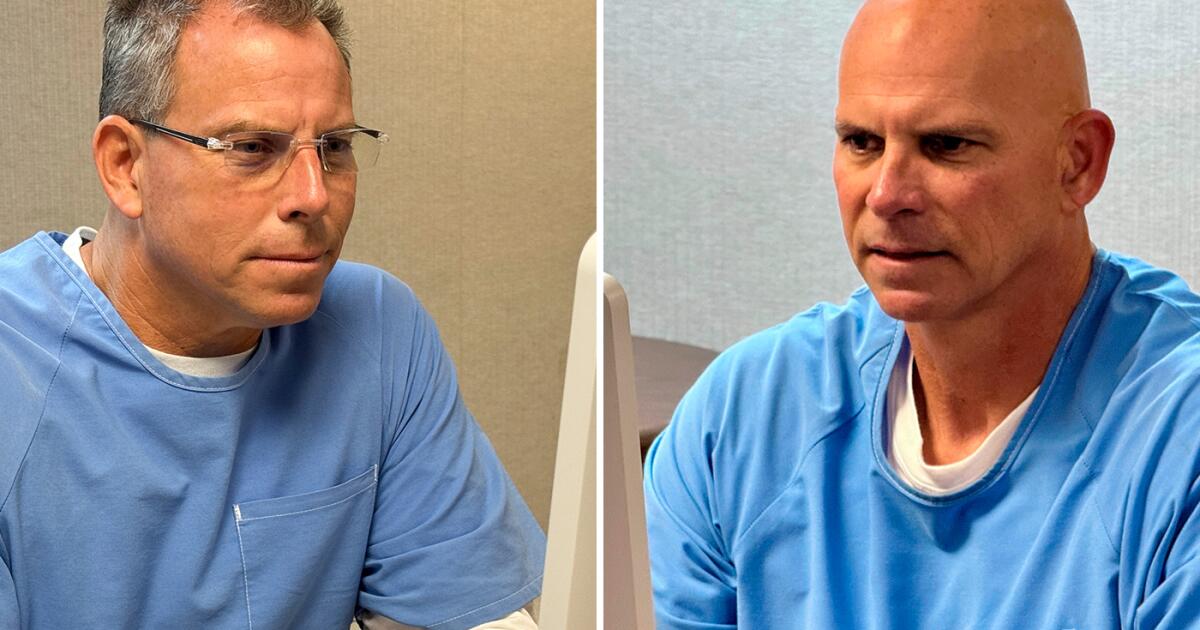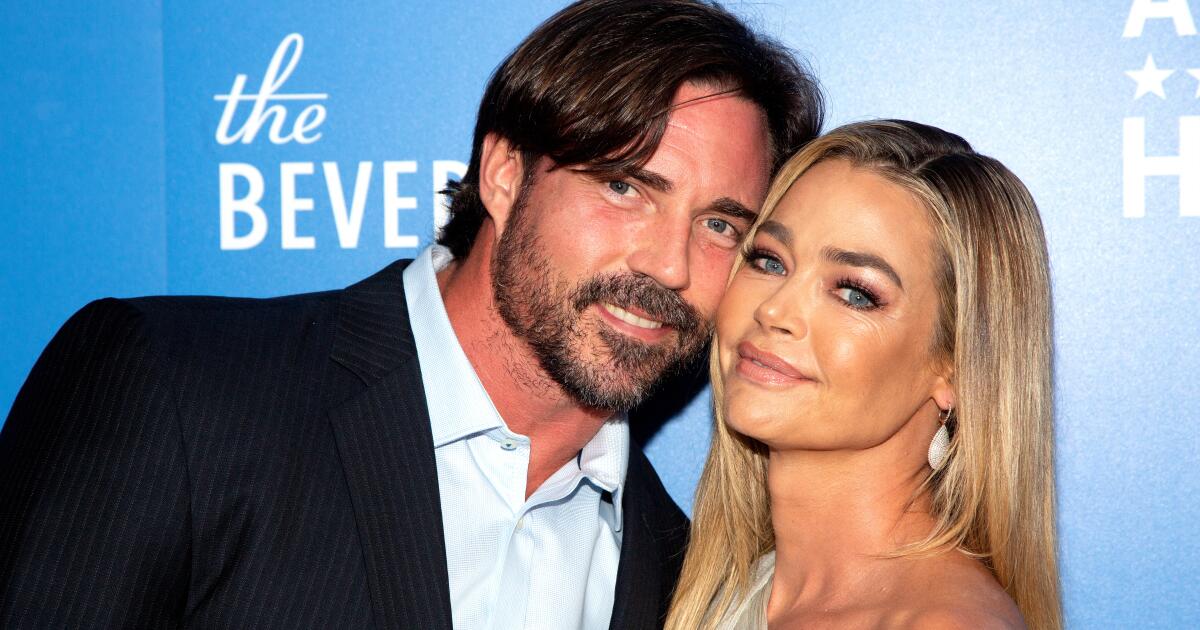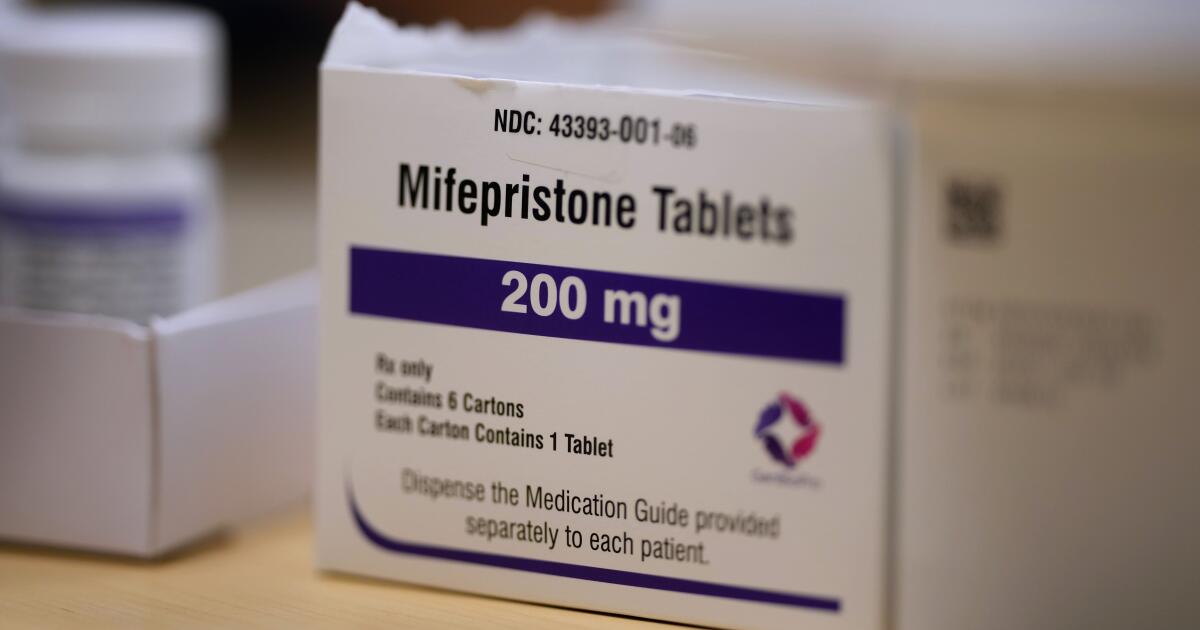Menendez brothers abuse wouldn’t have changed convictions, judge rules
A judge has rejected Erik and Lyle Menendez’s petition for a new trial, ruling that additional evidence that they suffered sexual abuse at their father’s hands would not have changed the outcome of the trial that has put them in prison for more than 35 years for gunning down their parents.
The ruling, handed down by Los Angeles County Superior Court Judge William C. Ryan on Monday, is the latest blow to the brothers’ bid for release. Both were denied parole during lengthy hearings in late August.
A habeas corpus petition filed on behalf of the brothers in 2023 argued they should have been able to present additional evidence at trial that their father, Jose Menendez, was sexually abusive.
The new evidence included a 1988 letter that Erik Menendez sent to his cousin, Andy Cano, saying he was abused into his late teens. There were also allegations made by Roy Rosselló, a former member of the boy band Menudo, who claimed Jose Menendez raped him.
The brothers have long argued they were in fear for their lives that their father would keep abusing them, and that their parents would kill them to cover up the nightmarish conditions in their Beverly Hills home.
Prosecutors contended the brothers killed their parents with shotguns in 1989 to get access to their massive inheritance, and have repeatedly highlighted Erik and Lyle’s wild spending spree in the months that followed their parents’ deaths. .
“Neither piece of evidence adds to the allegations of abuse the jury already considered, yet found that the brothers planned, then executed that plan to kill their abusive father and complicit mother,” Ryan wrote. “The court finds that these two pieces of evidence presented here would have not have resulted in a hung jury nor in the conviction of a lesser instructed offense.”
Ryan agreed with Los Angeles County Dist. Atty. Nathan Hochman that the petition should not grant the brothers a new trial because the abuse evidence would not have changed the fact that the brothers planned and carried out the execution-style killings in the family living room.
Ryan wrote the new evidence would not have resulted in the trial court proceeding differently because the brothers could not show they experienced a fear of “imminent peril.”
A spokesperson for the group of more than 30 Menendez relatives who have been fighting for the brothers’ release did not immediately respond to a request for comment. A spokesman for the district attorney’s office was not immediately available for comment.
The gruesome killings occurred after the brothers used cash to buy the shotguns and attacked their parents while they watched a movie in the family living room.
Prosecutors said Jose Menendez was struck five times with shotgun blasts, including in the back of the head, and Kitty Menendez crawled on the floor wounded before the brothers reloaded and fired a final, fatal blast.
The petition rejected this week was one of three paths the Menendez legal team has pursued in seeking freedom for the brothers. Another judge earlier this year resentenced them to 50 years to life for the murders, making them eligible for parole after they were originally sentenced to life in prison.
Both were denied release at their first parole hearing, but could end up before the state panel again in as soon as 18 months. Clemency petitions are also still pending before Gov. Gavin Newsom.
The first trial ended with hung juries for each brother. In the second, allegations of abuse and supporting testimonies were restricted, and Lyle and Erik Menendez were convicted of first-degree murder in March 1996.









